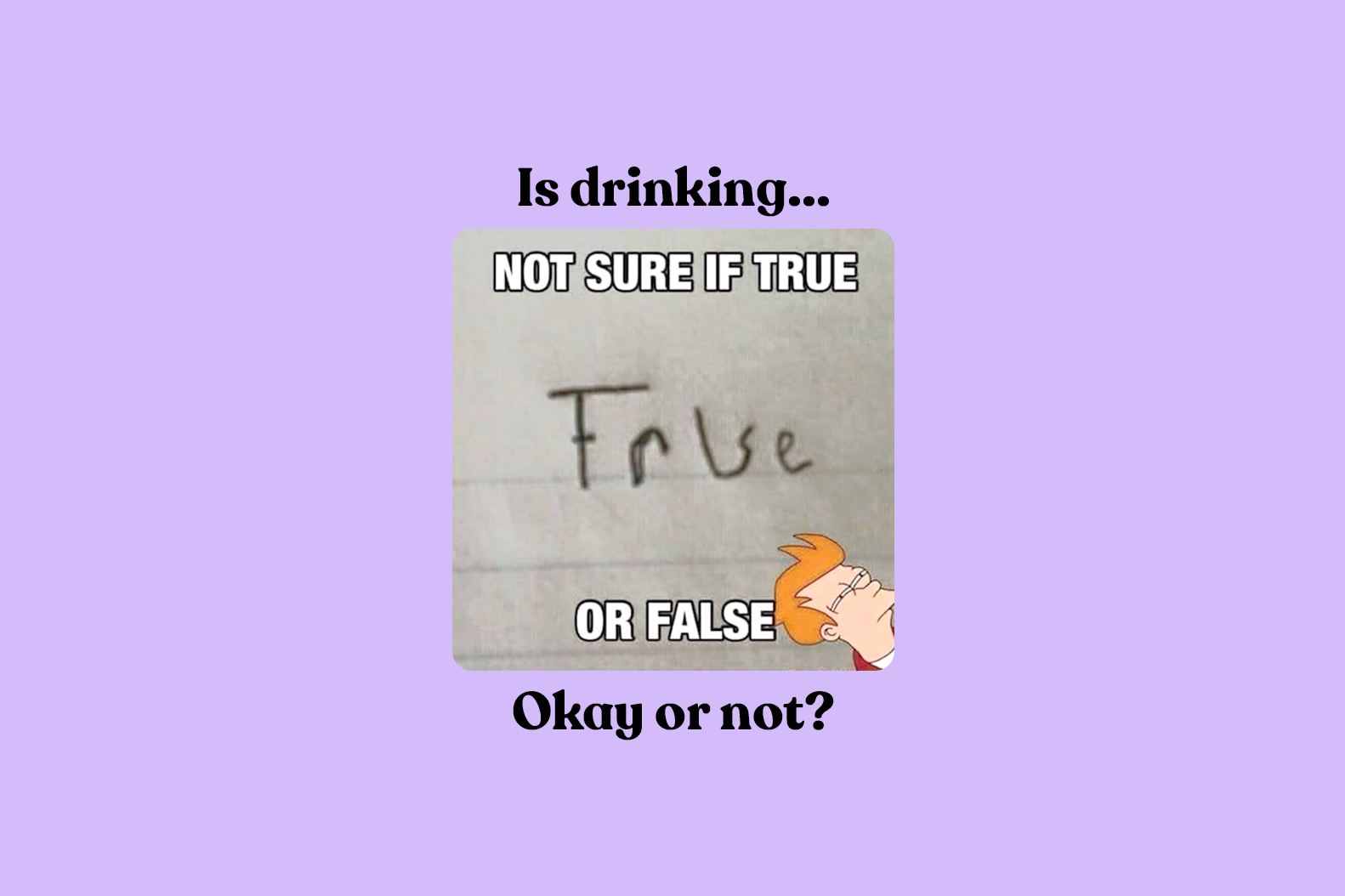Can Christians drink alcohol? Some might presume that Christians are not allowed to. But, strictly speaking, it is not mentioned anywhere in the Bible that consuming alcohol is forbidden for Christians.
In fact, you might be surprised to learn that Paul actually advised Timothy to drink some wine for the good of his stomach (1 Timothy 5:23).
Paul implied that Timothy was facing some illnesses from drinking only water (scholars believe that this is because water in the past was impure, while fermented wine would eliminate some of the harmful bacteria in the water).
In another instance, wine was also a key part of Jesus’ first recorded miracle in the Bible. Jesus turned water into wine at a wedding, and the master of the banquet even suggested that it was the best wine from the entire night (John 2).
Before you get too excited, there’s a catch: while the Bible does not stop us from drinking alcohol, it also does not shy away from pointing out the dangers of drinking and the consequences of getting drunk.

We see a clear warning in Proverbs 23:29-35:
“Who has woe? Who has sorrow? Who has strife? Who has complaints? Who has needless bruises? Who has bloodshot eyes? Those who linger over wine, who go to sample bowls of mixed wine.
Do not gaze at wine when it is red, when it sparkles in the cup, when it goes down smoothly! In the end it bites like a snake and poisons like a viper. Your eyes will see strange sights, and your mind will imagine confusing things.
You will be like one sleeping on the high seas, lying on top of the rigging. “They hit me,” you will say, “but I’m not hurt! They beat me, but I don’t feel it! When will I wake up so I can find another drink?””
We don’t want to be that person, so here are three careful considerations about alcohol we should have in mind.
1. Drinking alcohol can lead to a loss of self-control
“Do not gaze at wine when it is red, when it sparkles in the cup, when it goes down smoothly!” (Proverbs 23:31)
The Bible warns us of the deceptive nature of alcohol. It looks good, tastes good and it’s easy to tell ourselves that having another cup will do us no harm.
While we may certainly not start off with the intention to get drunk, it’s a fact that each cup we consume looses our restraint; alcohol addiction is a risk that we should acknowledge.
Consider, also, how often alcohol is a part of celebratory occasions such as weddings, parties or even game forfeits.
This means that we might not always get to decide when to stop; those around us might persuade us to drink more, and we might find ourselves crossing the line before we realise.

Ultimately, we are responsible for our own decisions and accountable to God for them. So, we should carefully consider what situations we are getting ourselves into and if we are exposing ourselves to any temptations.
How are we so sure that we will be able to stop drinking immediately before we get drunk?
2. Drunkenness will lead to sin
“Do not get drunk on wine, which leads to debauchery. Instead, be filled with the Spirit,” (Ephesians 5:18)
We are explicitly warned by the Bible to not get drunk because it leads to sin. Drunkenness is also the result of a loss of self-control (Galatians 5:22-23).

When we are drunk, our conscience becomes weaker and we lose the ability to judge what is right and what is wrong. We might start doing things that we would regret and end up sinning.
Some of us might claim that we know our limits and will prevent ourselves from getting drunk. But again, how can we be so certain that we will never cross the line?
3. Drinking can stumble others
“Let us therefore make every effort to do what leads to peace and to mutual edification. Do not destroy the work of God for the sake of food. All food is clean, but it is wrong for a person to eat anything that causes someone else to stumble. It is better not to eat meat or drink wine or to do anything else that will cause your brother or sister to fall.” (Romans 14:19-21)
Whether we’re talking about fellow believers or non-believers, not everyone will think that drinking is harmless.
Some might find the sight of Christians enjoying alcohol to be unacceptable, and be stumbled by it. They may even develop a dim view of God and His Church as a result of such actions — it’s important to acknowledge that this can happen.
Here, the loving thing to do would be to refrain from alcohol. Additionally, the truth is that we may not always have the liberty to explain that we are drinking with restraint and have no intention to get drunk.
So as Paul said, we should be careful that the exercise of our rights does not become a stumbling block to the weak.
Indeed, we should also recognise this fact: newer or younger believers who see other Christians drink might also be emboldened or encouraged to do the same (1 Corinthians 8:9-10).
These younger ones are, in all likelihood, not going to be doing so with a proper understanding of the dangers of drinking. And so, when they drink without restraint and end up in sin, those who they had followed after would certainly have blame.
We have to be honest, that our decision to drink alcohol can possibly cause a brother or sister to stumble and sin.
Therefore, we need to carefully consider not just the impact on ourselves — but also how it would affect the people around us if we choose to drink.
“So whether you eat or drink or whatever you do, do it all for the glory of God.” (1 Corinthians 10:31)
At the end of the day, these are not simple arguments to convince all Christians to stop drinking. We have an opportunity to think deeper, and grow in faith about this issue.
As such, let us carefully discern when, where, why and whether or not we should drink alcohol. Let us carefully consider what we are drinking and with whom.
If you have ever felt a nudge in your heart when you’re handed a drink at a party, or a hesitation before you share a picture of your wine glass with your Close Friends list… I would advise you to take a pause and turn to the Holy Spirit in prayer.
Whether we choose to drink or not is completely our choice. But I pray that the Holy Spirit will grant us wisdom and discernment to do what is pleasing to God, in every moment and situation.
In all things, let us proceed from faith and love.
- Do you drink? Why or why not?
- What are some things that you want to watch out for after reading this article?
- Who can you involve to keep yourself accountable in this area?









